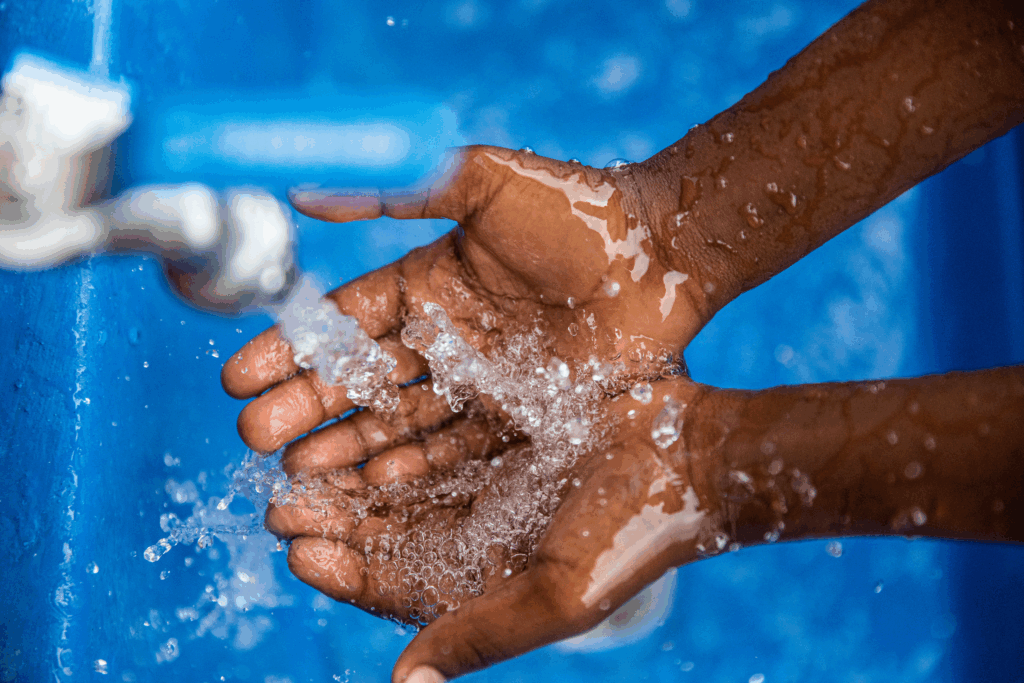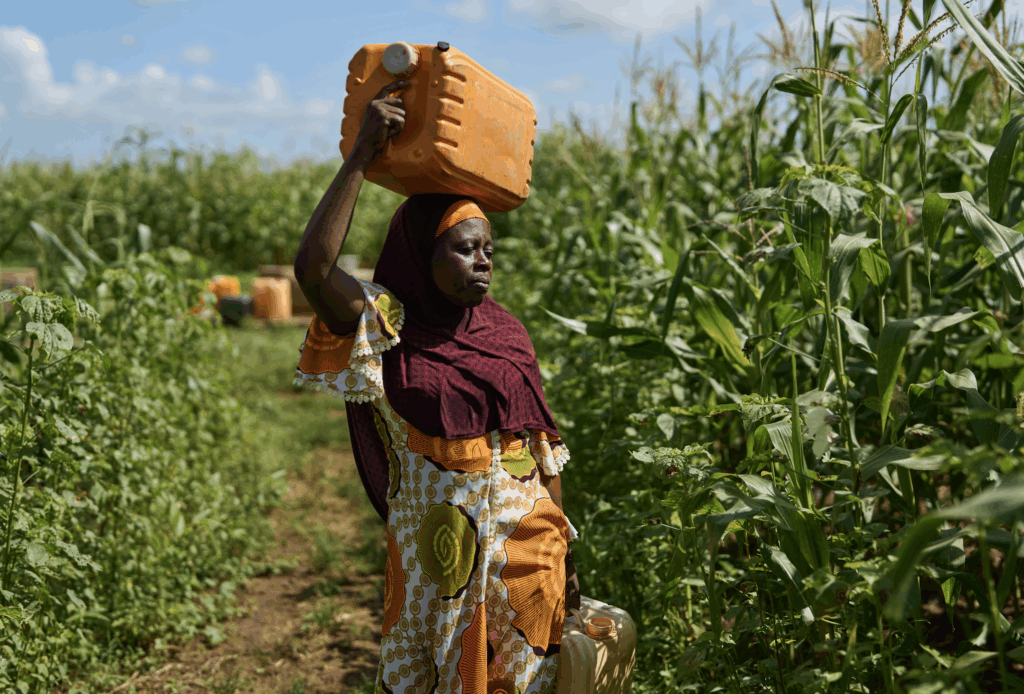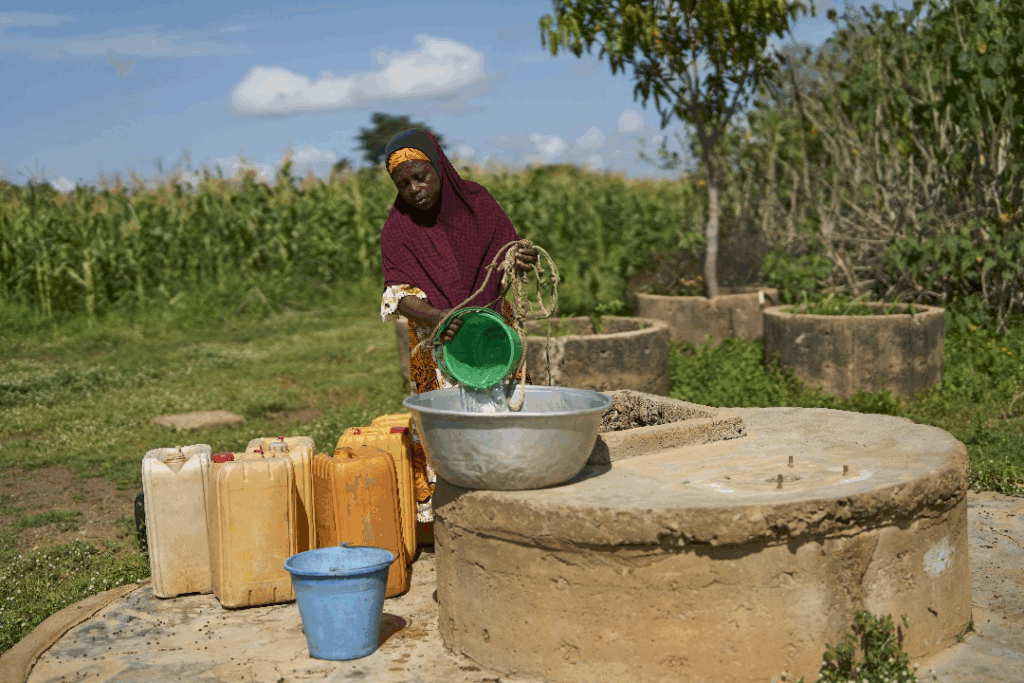
African leaders have concluded the second Africa Climate Summit with a bold commitment to mobilise $50 billion annually for climate solutions, renewable energy development, and water security.
Ghana is at a crossroads. Water — the country’s most essential resource — is under unprecedented threat. Illegal mining has rendered rivers like the Pra, Birim and Ankobra nearly untreatable, with turbidity levels at some plants rising as high as 32,000 NTU.
In the Central Region, the Kwanyarko Water Treatment Plant was shut down; Bunso has been closed for almost a year; Kyebi operates at bare minimum capacity. Other water treatment plants supplying water to thousands of people are at the point of shutdown. What is happening? The Ghana Water Company Limited (GWCL) is asking regulators for a 280% tariff increase, effectively sending citizens the bill for pollution caused by others.
At the same time, Ghana’s semi-arid Sudan Savannah zone faces worsening climate extremes. Projections show rainfall becoming more erratic — longer droughts punctuated by heavier floods. Agriculture, which remains overwhelmingly rain-fed, is already vulnerable. Rising temperatures will intensify evapotranspiration, reducing soil moisture and water available for both farming and households (WaterAid climate vulnerability and risk assessment report on WASH, Jan 2025).

These crises are no longer isolated events. They are symptoms of what scientists call the destabilisation of the global hydrological cycle. The Global Commission on the Economics of Water has warned: if water systems collapse, so too will progress on climate, food, biodiversity and every Sustainable Development Goal. The survival of the human race is at stake!
The Case for a Ghana Just Water Partnership
Globally, the idea of Just Water Partnerships (JWPs) is gaining traction — frameworks that treat water as a global common good, embed justice, improve coordination and and ensure that resources once mobilised are channelled efficiently, avoiding duplication, and targeted to the communities most in need. For Ghana, this approach offers both urgency and opportunity.
The country already has a strong foundation. In 2020, Ghana acceded to the UN Water Convention, signalling a commitment to transboundary cooperation. In August 2024, government signed a Presidential WASH Compact, committing US$1.7 billion annually until 2030 to accelerate universal access to safe water and sanitation. What remains is to knit these commitments into a coherent, nationally owned JWP platform.
Analysts and civil society leaders argue this requires a bold political step — a formal endorsement, ideally through an Executive Order or Presidential Directive, to launch a Ghana Just Water Partnership. Such a move could be unveiled at COP30 in November 2025, at the UN Water Convention meeting in January 2026 in Davos, or during the African Union’s Year of WASH in 2026.
Why It Matters
Finance and Accountability
Ghana has attracted over US$1 billion in climate finance for renewable energy and the green transition, yet water financing remains fragmented. A JWP would align tools such as debt-for-nature swaps, concessional loans, and carbon markets with domestic budgets, while setting clear systems for tracking and accountability—so every cedi mobilised translates into measurable impact in communities, not lost to inefficiency.
Justice and Equity
Current arrangements effectively punish ordinary Ghanaians for pollution they did not cause. A JWP can entrench the Polluter Pays Principle into regulation, forcing industries and illegal operators to bear the true cost of environmental destruction while shielding households from unjust tariffs.
Climate Resilience
From the Sudan Savannah to the forest zones, climate variability is intensifying. A JWP could prioritise investment in rainwater harvesting, groundwater protection, and resilient WASH infrastructure to reduce vulnerability in drought-prone districts.
Continental and Global Leadership
The AU-AIP Water Summit in Cape Town mobilised over US$10 billion in investment commitments. The Pan-African Water Conference (PANAFCON-3) is shaping a post-2025 water vision with justice at its core. With Africa heading into its official Year of WASH in 2026, Ghana has the chance to anchor itself as a continental leader and global convener — influencing debates at COP31 and beyond.

Lessons From the Crisis
The story of Ghana’s water is also a cautionary tale. For decades, gold mining — legal and illegal — has been encouraged even as it displaced water, forest and food systems. The results are now clear: more than 50 forest reserves have degraded, hectares of cocoa and oil palm have been lost, and rivers have been poisoned. GWCL’s appeal for a 280% tariff rise is less a financial request than a public admission of failure.
Meanwhile, more than 30,000 rural water points and over 300 community water systems are under stress, many relying on groundwater sources that are themselves threatened by over-abstraction and contamination. Without urgent intervention, the cost of restoring degraded resources will far exceed the cost of protecting them now.
The Way Forward
A Ghana Just Water Partnership must:
- Embed justice: Investments must prioritise underserved communities, women, and rural households.
- Ensure accountability: Transparent financing, robust regulation, and liability for polluters.
- Improve resource utilisation: Coordinate donor and government funding streams, minimise overlaps, and align investments with district-level WASH masterplans.
- Value water properly: End subsidies that encourage waste and redirect them toward conservation.
- Reflect local values: Policies must build on Ghana’s traditions of stewardship, ensuring no one is left behind.
This is not a call for charity. It is a call for prudence and justice. The costs of inaction will be catastrophic — in lost productivity, public health crises, higher tariffs, and food insecurity. The dividends of action, by contrast, will be measured in resilience, prosperity and dignity.

A Defining Moment
President John Mahama gained global recognition as Co-Chair of the UN SDG Advocacy Group, championing inclusive development and amplifying Africa’s voice.
By launching a Ghana Just Water Partnership, the country can show that mobilised resources are only meaningful when used transparently and effectively. Water is not just a development issue but a matter of national security and justice.
COP30, the AU’s Year of WASH, Davos 2026, the UN Water Conference, and COP31 offer platforms to make this case. The choice is clear: continue business as usual and watch the crisis worsen, or act now to secure a safe and sustainable water future for every Ghanaian—and inspire the world.
The choice is stark: continue with business as usual and watch the crisis deepen, or seize this moment to guarantee a safe, equitable, and sustainable water future for every Ghanaian — and to inspire the world.



